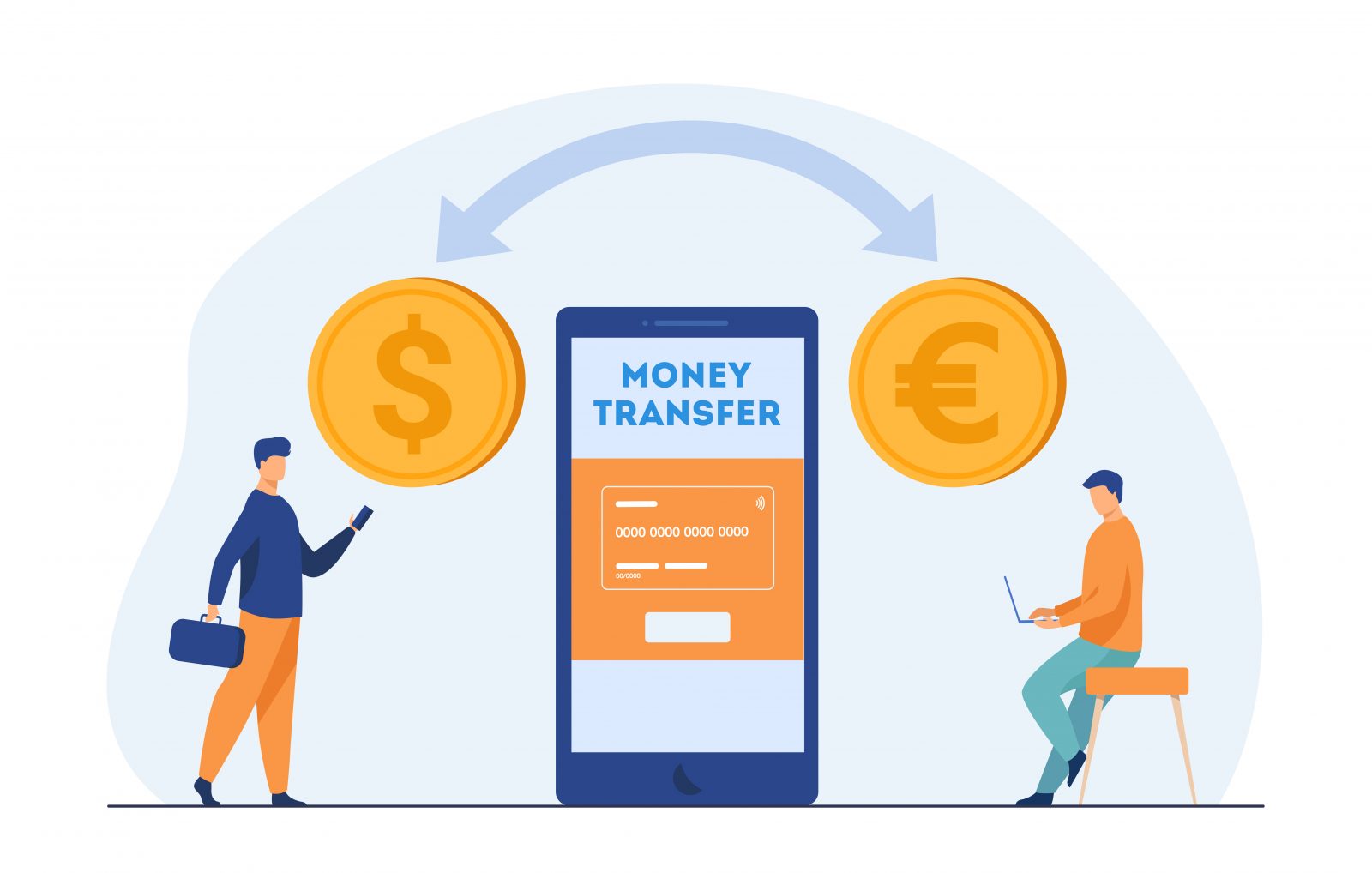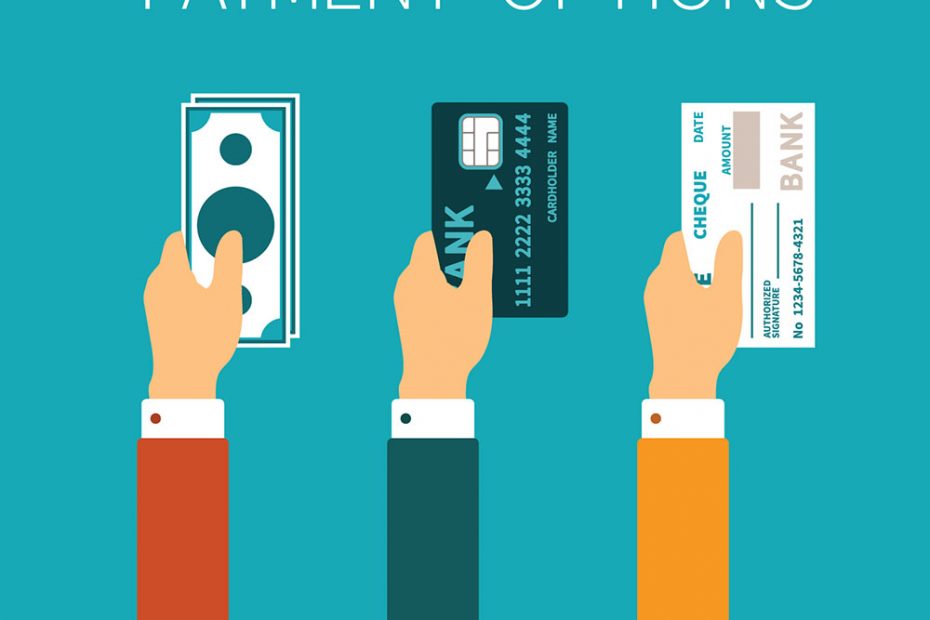In the ever-evolving world of digital transactions, businesses and consumers alike are continually searching for faster, more secure, and cost-effective methods of transferring funds. Electronic checks, or eChecks, have emerged as an alternative to traditional paper checks, offering a more efficient and secure way to process payments. This article aims to explore the intricacies of eCheck processing, highlighting its benefits, risks, and security considerations, of implementing eCheck payments in today’s business environment.
eChecks are digital representations of paper checks, which use the Automated Clearing House (ACH) network to electronically transfer funds between bank accounts. As opposed to paper checks, which require manual handling, transportation, and processing, eChecks streamline the payment process by eliminating the need for physical movement and reducing the time it takes for funds to clear. This increased efficiency can have a positive impact on businesses’ cash flow and financial management.
Apart from the time-saving benefits, eChecks also offer improved security features that help protect both businesses and their customers. eCheck transactions are encrypted and subject to rigorous authentication protocols, making it more difficult for fraudsters to intercept or manipulate payment information. Moreover, eChecks can significantly reduce the risk of human error associated with manual check processing, further enhancing the security and reliability of transactions.
For businesses considering the adoption of eCheck processing, it’s essential to understand the various steps and requirements involved. From selecting a reputable payment processor to integrating eCheck processing capabilities into existing systems, businesses must carefully consider the necessary technical and logistical aspects to ensure security of eCheck processing.
In this article, we will delve deeper into the nuances of eCheck processing, discussing its advantages and potential challenges, as well as offering practical guidance on how businesses can successfully incorporate eChecks into their payment processing toolkit. By understanding the ins and outs of electronic checks, businesses can make informed decisions about whether eCheck processing is the right fit for their operations and ultimately enhance their overall payment processing capabilities.

What is Electronic Check Processing?
Electronic check or eCheck processing is a payment solution method of electronically transferring funds from one bank account to another bank account using the Automated Clearing House or ACH. Similar to traditional paper check processing, eCheck processing is a key technological solution that businesses can use to accept check payment digitally.

Advantages of Electronic Check Processing over Paper Check Processing
Electronic check processing, like traditional paper check processing, both involve a process of transferring funds from one bank account to another bank account. However, there are distinct advantages that echeck processing has over traditional paper check processing.
- Speed: eCheck processing is generally faster than traditional paper check processing. When electronic checks are submitted through the Automated Clearing Housing Network the process typically takes 3-5 business days to complete the transaction. In contrast, traditional paper checks require physical handling, mailing, and manual processing for both the customer, payment processor, and merchant. This significantly extends the check processing timeline resulting in companies having to wait longer to clear and for funds to settle.
- Security: eCheck processing offers enhanced security features that distinguishes itself from traditional paper checks. eChecks are processed electronically. The digitalization of traditional paper checks greatly reduces risk of loss or theft. eCheck processing also eliminates the risks of alteration of the physical check . Additionally, eCheck transactions usually involve encryption features and other security measures that further enhance the protection of sensitive information, thus making it more secure than paper checks.
- Cost-efficiency: eCheck processing is often more cost-effective compared to traditional paper check processing. Electronic checks usually have lower processing fees compared to traditional paper checks. Electronic checks also eliminate the need for businesses to spend on printing, mailing, or handling costs, leading to significant cost savings. This becomes especially true for businesses that process a large volume of transactions.
- Environmental impact: eCheck processing is more environmentally friendly than traditional paper check processing. Since eChecks are digital, they don’t require paper, ink, or physical transportation, reducing the overall environmental footprint associated with the payment process.
- Record-keeping: eCheck processing makes it easier for businesses to maintain a secure digital record of transactions. These records can be easily accessed, searched, and organized within cloud technology, allowing businesses to focus on growing revenues and performing more frequent transaction analysis.. Traditional paper check processing, on the other hand, requires manual record-keeping and storage, which can be time-consuming, expensive and overall less efficient.
- Convenience: eCheck processing allows customers and merchants to complete transactions online or over the phone without the need to handle physical checks. This convenience can improve the overall customer experience and streamline business operations.
Important Security Considerations for eCheck Processing.
- Data privacy and encryption: eCheck processing transactions involve the transmission of sensitive customer data, such as bank account information and routing numbers. In order to ensure that customer data is protected, encryption is implemented during transmission. Safeguards are also put in place with respect to the storage of data as it is crucial to protect against unauthorized access and potential data breaches.
- Authentication and authorization: Verifying the identity of customers and ensuring they have the appropriate permissions to initiate eCheck processing transactions is essential for preventing fraud. Implementing strong authentication and authorization measures can help reduce the risk of unauthorized access to customer accounts and information. .
- Fraud detection and monitoring: Monitoring eCheck processing transactions for unusual patterns or signs of fraudulent activity can help businesses identify potential threats and weaknesses in their infrastructure and take appropriate actions to mitigate the risks associated with those threats and weaknesses. eCheck payment processor offer advanced fraud detection systems and data monitoring tools services to enhance transaction security.
- Secure storage of customer data: Storing sensitive customer data securely is vital to protect it from unauthorized access, data breaches, or potential misuse. Businesses should employ encryption or tokenization techniques when storing customer data and limit access to only authorized personnel.
- Compliance with industry standards and regulations: Businesses handling eCheck transactions must comply with industry standards and regulations, such as NACHA rules for ACH transactions and PCI DSS for handling sensitive financial data. Ensuring compliance can help maintain a secure eCheck processing environment and reduce the risk of fraud.
- Employee training and awareness: Employees should be trained in handling sensitive customer data and be aware of the company’s security policies and best practices. Ensuring that employees understand the importance of security and their role in maintaining a secure processing environment can help prevent accidental data breaches or insider threats.
- System and software security: Keeping systems and software up-to-date with the latest security patches and conducting regular vulnerability assessments can help protect against potential threats and vulnerabilities.
- Verification of customer information: Verifying the accuracy of customer information, such as bank account and routing numbers, can help reduce the risk of fraudulent transactions. Utilizing tools like Address Verification Systems (AVS) and bank account validation services can assist in this process.

What are the Risks with ECheck Processing vs. Traditional Paper Check Processing?
There are several risks associated with check processing that deserve further consideration. See the next section for more details:
Traditional Paper Check Processing
Fraud: Paper checks are susceptible to various forms of fraud, such as check forging, alteration, and counterfeiting. Fraudsters can create fake checks, alter the payee’s name, or modify the check amount, resulting in financial losses for businesses.
Human error: Manual handling of paper checks increases the risk of human errors, such as entering incorrect amounts, misreading account numbers, or depositing checks into the wrong accounts. These errors can lead to financial discrepancies and additional administrative burdens.
Lost or stolen checks: Physical checks can be lost or stolen during transit, storage, or processing. This can result in delayed payments, financial losses, and the need to reissue checks.
Slower processing time: Paper check processing involves manual handling and transportation, which can be time-consuming and lead to delays in receiving funds. This can impact cash flow and make it more difficult for businesses to manage their finances effectively.
Environmental impact & higher processing costs : As mentioned previously, the production, transportation, and disposal of paper checks contribute to environmental waste and resource consumption resulting in higher costs for businesses. Some of these costs can include bank fees, labor, postage, and the costs associated with reissuing lost or stolen checks.
Limited payment tracking and reporting: Traditional paper check processing often lacks the sophisticated tracking and reporting capabilities found in electronic check processing payment systems. This can make it more difficult for businesses to monitor and analyze their transactions, detect fraudulent activities, and maintain accurate financial records.
Electronic Check Processing
Fraudulent transactions: eChecks are susceptible to various forms of fraud, such as identity theft, account takeover, and phishing attacks. Fraudsters may attempt to make unauthorized transactions or manipulate account information, leading to financial losses and reputational damage for businesses.
Data breaches: eCheck transactions involve the transmission and storage of sensitive customer data, such as bank accounts and routing numbers. Data breaches can occur if this information is not adequately protected, exposing businesses to potential legal liabilities and damage to their reputation.
Insufficient funds and returned checks: eChecks can be returned due to insufficient funds, closed accounts, or other issues with the payer’s account. This can lead to delayed payments, additional administrative burdens, and potential financial losses for businesses.
Technical issues: Technical problems, such as software or hardware failures, can disrupt eCheck processing and lead to transaction delays or failures, negatively impacting customer experience and potentially resulting in lost sales.
Compliance with regulations and standards: Businesses handling eCheck transactions must comply with industry standards, regulations, and relevant data protection laws. Failure to comply can result in fines, legal penalties, and reputational damage.
Verification of customer information: Ensuring the accuracy of customer information, such as bank accounts and routing numbers, is essential to reduce the risk of fraudulent transactions or returned checks. Implementing verification processes can help mitigate this risk but may also require additional resources and effort.
How Can Businesses Protect Themselves and Their Customers When Using eCheck Processing
- Secure data transmission: Ensure that all data transmitted between your business, customers, and payment processor is encrypted using industry-standard protocols, such as SSL or TLS.
- Use a reputable payment processor: Choose a payment processor with a solid reputation for security and fraud prevention ensuring they are compliant with relevant industry standards and regulations.
- Regularly monitor transactions: Implement monitoring procedures in your eCheck processing system to detect any unusual patterns or signs of fraud. Employ a fraud detection system through your payment processor to monitor transactions and flag suspicious activities.
- Establish clear policies and procedures: Develop and implement clear policies and procedures for handling eCheck transactions, including the steps to take in case of suspected fraud or security breaches.
- Verify customer information: Verify customer account information before processing eCheck transactions. Use tools like the Address Verification System (AVS) and bank account validation services to confirm the accuracy of the provided information.
- Maintain compliance: Stay up-to-date with industry regulations, standards, and best practices. Regularly review and update your security policies and procedures to ensure compliance.

EMB, the Nation’s #1 Provider of Payment Processing Solutions
EMerchantBroker, the nation’s #1 provider of payment processing solutions offers a complete suite of payment services that help companies simplify their operations and elevate their businesses. We have worked with thousands of companies, aiding in clearing the obstacles associated with operating a successful business in today’s unique and challenging business environment.
Our technological solutions include business funding, chargeback protection, check processing, merchant accounts, payment gateways, access to international markets, system integrations, crypto payments, and more. We serve a wide variety of industries including Electronics, Nutraceuticals, Fantasy Sports, Jet Charters, Online Ticketing Sales, VOIP and Telecom, High Volume Merchants, Moving & Transportation, Online Furniture Sales, Online Gaming & Casinos, Multi Level Marketing, e-Commerce, Healthcare, Travel Agencies, and more.
Simplify your payment processes with our end-to-end payment and merchant account services. Through our services companies reduce the payment processing costs, easily track and manage payments, and decrease the risk of fraudulent transactions. Want to know more? Contact us today!


